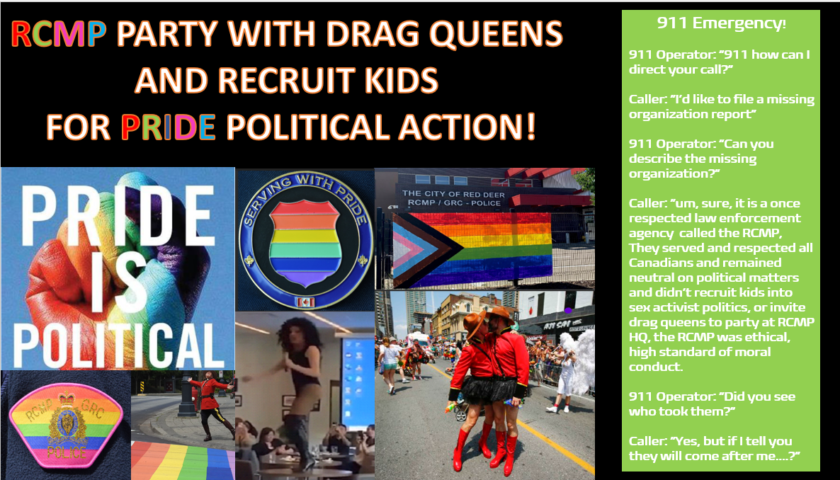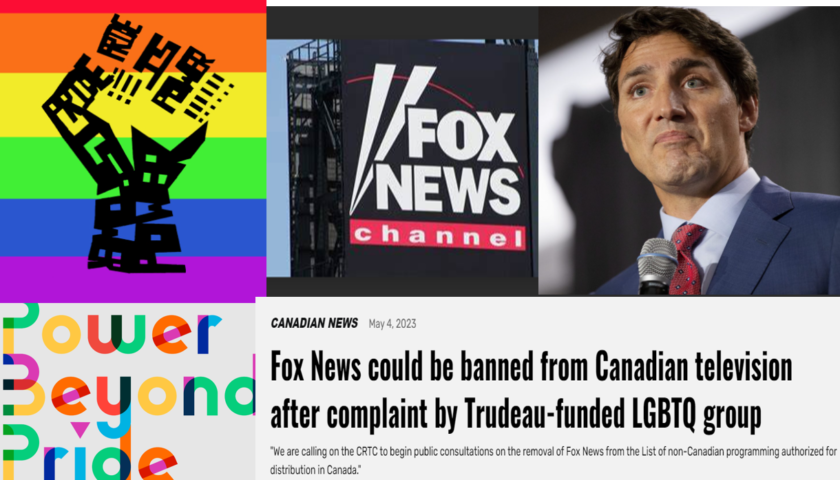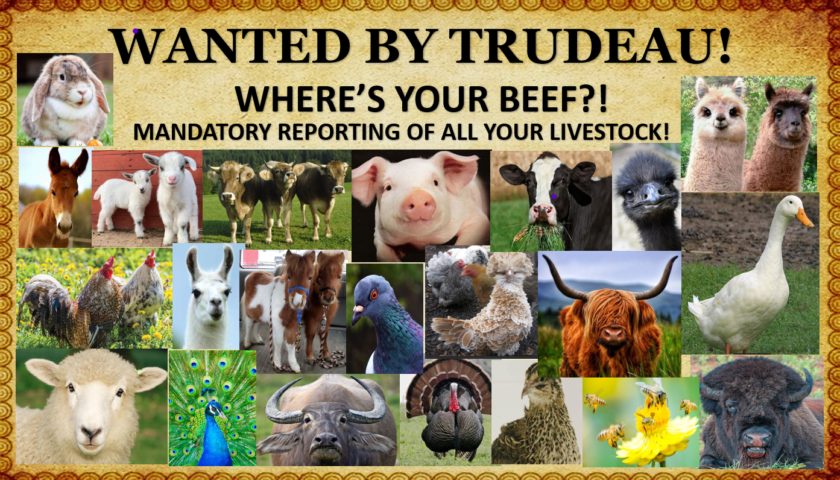Jan. 20, 2020 (RoadKill Radio News) — A federal judge in Texas has ruled that although federal institutions may sometimes use transgender pronouns-of-choice “as a courtesy”, there is nothing in American law to compel such speech, either by individuals or by federal institutions. And he warned that such a court order could imply bias.
Judge Stuart Kyle Duncan of U.S. Fifth Circuit Court of Appeals denied the request of Kathrine Nicole Jett for the court to order prison guards to use female pronouns to refer to ‘her’.
Jett is a biological male who was sentenced to 15 years in prison in 2012 when convicted of child pornography charges under his birth name, Norman Varner. Varner had his name changed by a Kentucky court in 2018.
“No authority supports the proposition that we may require litigants, judges, court personnel, or anyone else to refer to gender-dysphoric litigants with pronouns matching their subjective gender identity,” Duncan said in his opinion.
The circuit judge went on to warn that a court might “unintentionally convey its tacit approval of the litigant’s underlying legal position” by honoring a request to be referred to with pronouns-of-choice, adding that “Even this appearance of bias, whether real or not, should be avoided.”
Duncan noted that Congress has made no rules banning courts from “referring to litigants according to their biological sex” instead of their “subjective gender identity.”
The issue of compelled speech has also arisen in Canada. When testifying before a parliamentary committee regarding Bill C-16, which would force Canadians to use pronouns-of-choice, such as ‘zhe’and ‘zher’, or using plural pronouns like ‘they’ to refer to single individuals in violation of grammatical norms, Professor Jordan Peterson told the committee that there is no precedent, in hundreds of years of legal history under English Common Law, to support “compelled speech”—which, by its very nature is the antithesis of the freedom of speech guaranteed and protected by Canada’s Charter of Rights and Freedoms.
=30=
Contact: Culture Guard: (778) 277-2201
Source: Newsweek
Jan. 17, 2020




